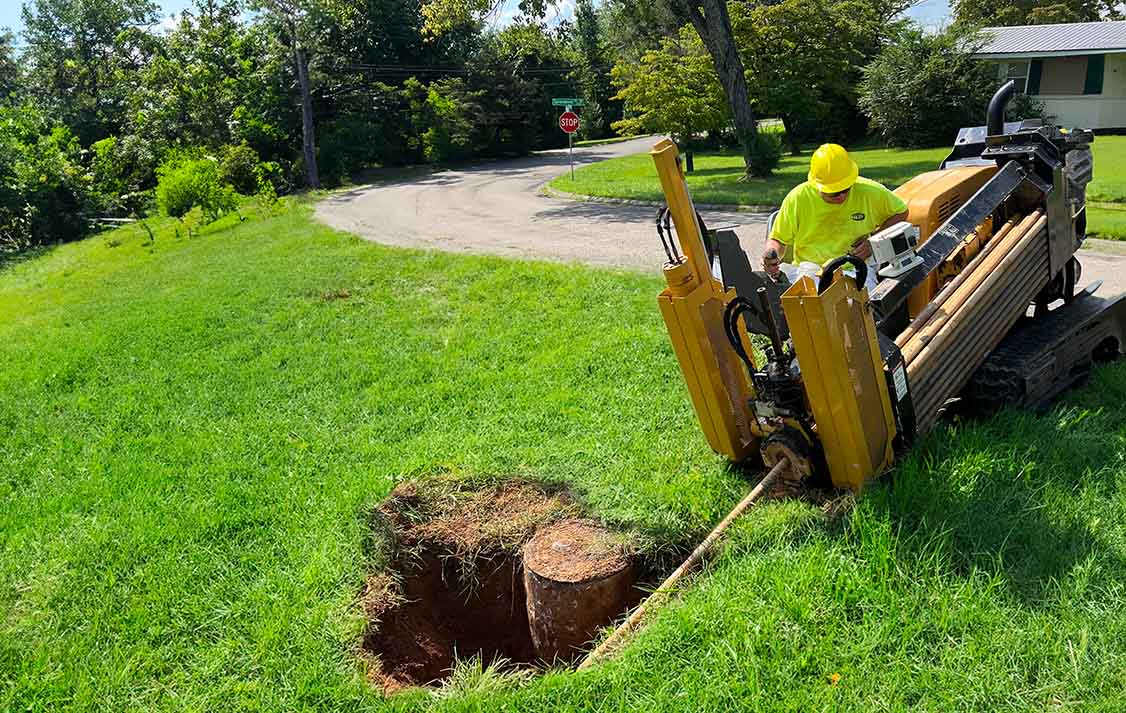

Malfunctioning Water Heater
Your trusted partner for professional home services. Quality workmanship, guaranteed satisfaction.




- HEP
- Malfunctioning Water Heater
Malfunctioning Water Heater | Emergency Plumbing | Plumbing | Gruetli-Laager
When your water heater gives out in the middle of a chilly Gruetli-Laager night, you need more than a quick fix—you need seasoned pros who treat your home like their own. HEP’s licensed technicians arrive fast, diagnose the root of the malfunction, and carry fully stocked trucks so most repairs are finished on the first visit. From blown heating elements and leaky tanks to gas-line issues, we restore hot water safely, cleanly, and with upfront pricing you can trust.
Our team is on call 24/7 for emergency plumbing, ready to protect your property from flooding, corrosion, and the headache of cold showers. With decades of local experience, friendly service, and a workmanship guarantee, HEP keeps Gruetli-Laager families comfortable no matter when trouble strikes—so you can get back to warm baths and peace of mind.
FAQs
What should I do first if my water heater stops producing hot water?
Start by turning off the power or gas supply to the unit for safety—flip the breaker for an electric heater or switch the gas control valve to “OFF” for a gas model. Next, shut the cold-water inlet valve on top of the tank to stop additional water from entering the system. Once the unit is safe, check for obvious issues such as a tripped breaker, blown fuse, or extinguished pilot light. If none of these steps restore hot water, call our Gruetli-Laager emergency line; our technicians can walk you through additional troubleshooting and dispatch help immediately.
How can I tell if my water heater issue is an emergency requiring immediate service?
Signs of an emergency include water leaking or flooding around the tank, hissing or popping noises (indicating overheating or pressure build-up), a rotten-egg odor (possible gas leak), or water that is scalding hot even on low settings. Any of these conditions can lead to severe property damage or safety hazards. If you notice them, shut off the water and power/gas to the unit and call our 24/7 team right away. We prioritize Gruetli-Laager customers with these symptoms and can typically arrive in under an hour.
Do you provide 24/7 emergency water heater repairs in Gruetli-Laager, and what is your response time?
Yes. Our licensed plumbers are on call 24 hours a day, 365 days a year—weekends and holidays included. Because we’re locally based, our average response time within Gruetli-Laager city limits is 45 minutes or less. We arrive with fully stocked service vehicles, so most problems can be diagnosed and repaired in a single visit, even after midnight.
What are the most common causes of sudden water heater failure?
The leading culprits are: (1) Heating-element burnout or thermostat failure in electric units, (2) Thermocouple or gas valve malfunction in gas models, (3) Sediment buildup that overheats and cracks the tank, (4) Excessive internal pressure from a faulty temperature-and-pressure (T&P) relief valve, and (5) Corroded anode rods accelerating rust through the tank walls. Our technicians test each component, flush sediment, and replace worn parts on site, saving you the cost of full replacement whenever feasible.
Can you repair all types of water heaters (gas, electric, tankless) on the spot?
In most cases, yes. We carry universal parts such as thermostats, elements, thermocouples, igniters, T&P valves, anode rods, mixing valves, and flexible water-/gas-line connectors. For tankless systems, we stock descaling kits, combustion sensors, and control boards for major brands. If your unit requires a proprietary part not on our truck, we place an expedited order with regional suppliers and install a temporary solution (e.g., bypass valve or loaner unit) to restore hot water until the part arrives.
How can I prevent future water heater emergencies and extend the unit’s lifespan?
Schedule annual maintenance that includes draining and flushing the tank to remove sediment, checking the anode rod, testing the T&P valve, and inspecting electrical or gas components for wear. Keep the thermostat set between 120-125 °F to reduce scald risk and excessive pressure. Install a leak-detection alarm and pan with a drain line if your heater is inside the living space. Finally, replace the heater proactively—around 8-10 years for standard tanks and 15-20 for tankless models—before corrosion or fatigue causes an abrupt failure.